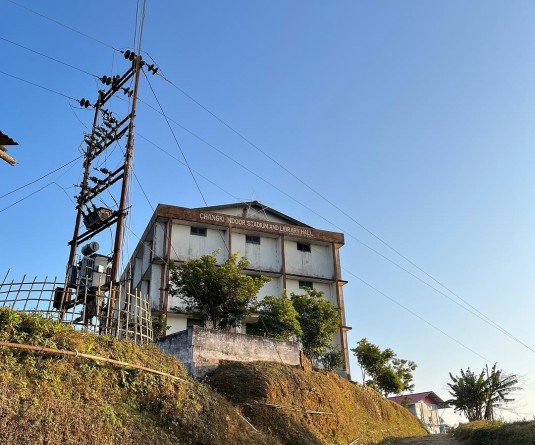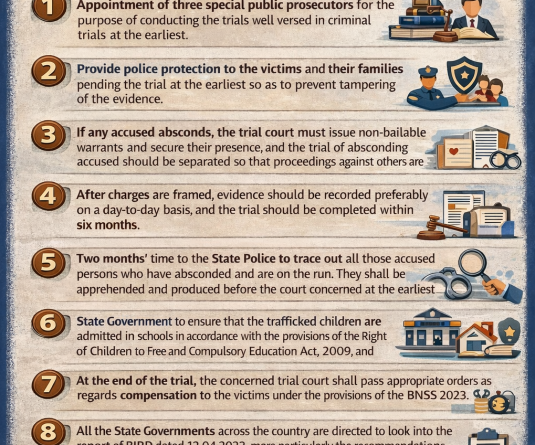
DIMAPUR, DECEMBER 16 (AGENCIES): Nagaland State has become the first gambling jurisdiction in the country to award a license to an online poker operator.
According to several reports, the Nagaland State Lotteries office awarded an online skill games license to M/s K365 Web Assets Pvt Ltd, which operates online poker and rummy portal Khelo365.com. For the moment, K365’s license only covers its poker operations, which include No Limit Texas Hold’em and Pot Limit Omaha games.
It may be recalled that the Nagaland State Governor had signed the Prohibition of Gambling and Promotion and Regulation of Online Games of Skill Act 2016 in April this year, becoming the first Indian state to formally authorize online games of skill for stakes.
A report in calvinayre.com informed that Nagaland began issuing Letters of Intent to would-be skill game licensees in August, with the first LOI going to Club Empire Tech Pvt Ltd. Nagaland has since issued a further 10 LOIs to different companies but K365 was first to get its paperwork past the government inspectors.
K365 Managing Director, Vinod Manoharan, was quoted by the report as stating that Nagaland’s licensing regime “will end the debate on the legality of online poker once and for all, and will enable this industry to boom.”
It added that the Nagaland license permits K365 to accept customers from all states or union territories that have exempted games of skill from their list of prohibited gambling activities. Nagaland licensees are required to declare that they don’t “have any interest whatsoever, directly or indirectly, with any company or activity, whether in India or not, which engages in or operates ‘games of chance’ or ‘gambling’.”
Another report by Josh Wood from onlinepokerreport.com quoted Manoharan as stating he sees the license as transformational for online poker in India.
“We are happy that the Nagaland government has finally issued the license to regulate online skill games. We are proud to be the first company to have procured the license and to have submitted all our documents to a regulatory authority. The license issued by the Nagaland government will end the debate on the legality of online poker once and for all, and will enable this industry to boom,” he was quoted as saying.
The first online gaming license (paywall) awarded in India was issued by the state of Sikkim, for online lottery, back in November 2014.
Since then, there have been several Indian court rulings pertaining to the status of poker. The most important of these was a ruling by the Indian Supreme Court in August of 2015.
The ruling was expected to provide a clear authority for the legality of online Rummy, and by association, online poker. Instead, the court avoided the issue (paywall), saying that the original case did not actually refer to playing Rummy for money.
Despite the lack of precision regarding online poker, the arguments heard by the court convinced the Indian poker industry that in any future case, the Court would rule that online poker was a game of skill. And it would therefore exempt from the legal definition of gambling.
The case was sufficient to give Nagaland the confidence that its Prohibition of Gambling and Promotion and Regulation of Online Games of Skill Act, 2016 would stand up to any challenge under federal law.
The Nagaland license allows operators to offer online poker in most of India
A Nagaland license does not restrict operators to the local population of 2.3 million. The law allows licensed operators to provide their services to all “states or union territories where games of skill are permitted.”
The jurisdictions from which operators cannot accept players must have a specific law against allowing games of skill, since the Supreme Court position means that no federal gambling law would apply.
The current Indian gambling law dates back to 1867. A state commission is currently reviewing how it can be amended to bring it up to date.
Nagaland operators can not only provide services throughout India, but also market them in any territories where games of skill have been exempted from the definition of gambling.





